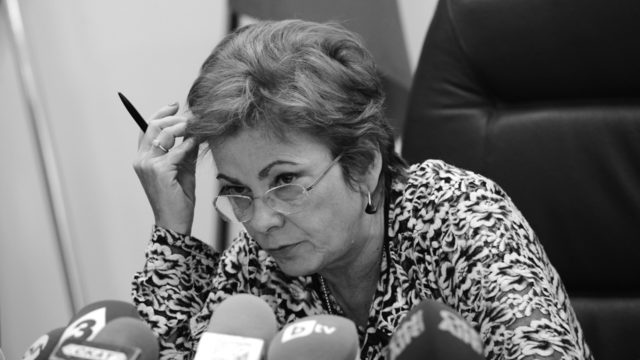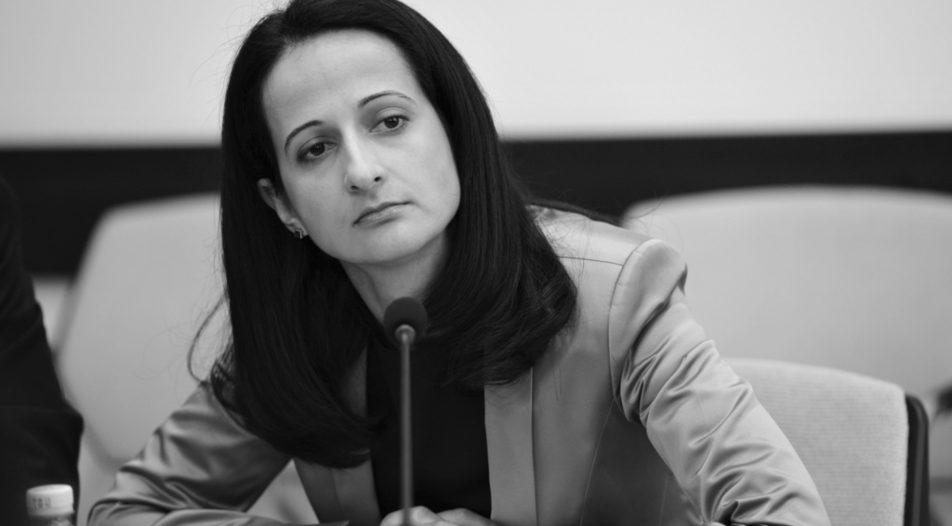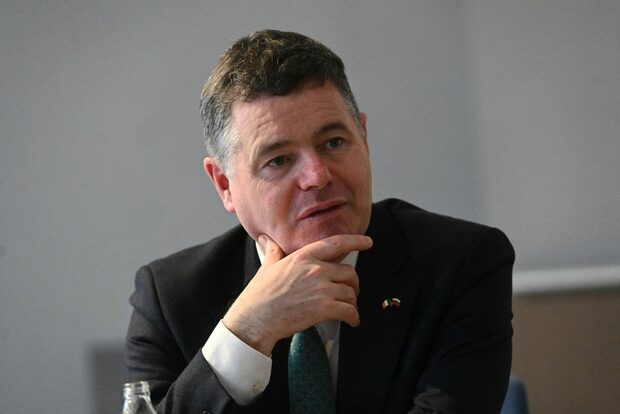In 2016, the chairpersons of two major regulators, the Commission for Protection of Competition (CPC) and the Financial Supervision Commission (FSC), had to be replaced. Both institutions were thought to be inefficient or biased in their work. CPC is famous for its feeble anti-monopoly investigations of the fuel market or the cartelization of the media market which happened under its watchful eye. The FSC is responsible to a large extent for the market manipulations on the stock exchange conducted by Corporate Commercial Bank, which played a significant role in the bank's demise in 2014. The financial regulator was unaware of the otherwise obvious fact that some pension funds invested the bulk of their assets in companies that were connected with them. Both regulators were guilty of superficial supervisory work, making rules and regulations look empty and easily evadable.
Unfortunately, the successors are not much different or less politically connected as one might hope.
The new guardians of competition
The CPC had had the same chairperson - Petko Nikolov, for thirteen years. In his tenure the competition regulator failed to distinguish itself with bold actions to attack the monopolies on the market, taking aim at low-ball cases that rarely had an impact on consumers or companies which suffered from anti-competitive practices. There are reasonable criticisms that CPC sometimes acted in favor of certain businesses. For example, most cases that related to the notorious Bulgarian businessman and politician Delyan Peevski were handled only by one of the seven members of the CPC and there were many instances that point to decisions being taken in his favor. In the spring of 2016, Prime Minister Boyko Borissov cancelled the initial procedure for replacing Nikolov. At that point Rossen Zhelyazkov, a previous chief secretary of the Council of Ministers, was the nomination of GERB, the political party led by Mr Borissov. His nomination, however, was criticized for being politically aligned with those in power. Eventually, it turned out that the new nominee, Julia Nenkova, was no less politically connected to GERB and was chosen as she was the only candidate proposed for the post.
The new chairperson, Julia Nenkova, had been Deputy Mayor of Sofia Municipality, in charge of Legality, Coordination and Control department, since 2006 (when Mr Borissov became mayor of the Bulgarian capital, Sofia). Her son is a member of parliament from GERB.
The other members of the commission were predictable choices based on secret prior arrangements among the parties in parliament. The only candidate with strong support from the civil society and a proven public track record, Georgi Ganev, an economist and program director of the Center for Liberal Strategies think tank, did not receive the support needed to be elected. Overall, the parliamentary vote on the new CPC seemed pretty much preconcerted.
A new start for the financial supervision?
The selection of a new head of the Financial Supervision Commission had one advantage in comparison with the choice of a new chairperson of the competition regulator - almost everyone chosen to succeed Stoyan Mavrodiev, FSC chairman between 2010 and 2016, would have been better than him. Mavrodiev had been famous for his personal vendettas with investors (most notably with the publisher of Capital and Dnevnik newspapers, Ivo Prokopiev), unmotivated decisions to prevent some companies' IPOs and scandals inside the commission that led to the resignation of several of its members. Most recently, the procedure for conducting a stress test of the pension funds and insurance companies resulted in an uneven distribution of the inspected companies among auditors and odd clusters of companies with Bulgarian owners in small and little known local audit firms.
The FSC chairman was supposed to leave his post on June 18th, when his mandate ended, but the procedure to find a replacement was only launched on July 10th. The delay most probably was caused by considerations of possible extension of Mr Mavrodiev's term of office.
Only one person was proposed for the post by the end of the nomination period, Karina Karaivanova, and she was a GERB nomination. Mrs Karaivanova was Deputy Minister of Finance with a long career in government departments dealing with EU funds, but with no experience in the investment market.
The final voting took place on July 28th and Mrs Karaivanova was appointed with 139 votes "for" and 24 votes "against", with those against being from opposition Bulgarian Socialist Party and the center-right Reformist Bloc, the junior partner in Mr Borissov's coalition government. According to representatives of the Bulgarian Socialist Party, the election procedure was tainted because the deadlines for nominations and sending questions to the candidates were between three and five days - a time period too short to do that.
It is too early to judge the performance of the newly elected chairpersons of the CPC and FSC, but one of the first actions of Mrs Karaivanova was to terminate the contract of an auditor firm that had apparently misled the regulator about its capabilities. In addition, the firm was conspicuously chosen by most of the Bulgarian-owned pension funds and insurance companies to run their balance sheets and asset quality reviews. This is a good start for Mrs. Karaivanova.

In 2016, the chairpersons of two major regulators, the Commission for Protection of Competition (CPC) and the Financial Supervision Commission (FSC), had to be replaced. Both institutions were thought to be inefficient or biased in their work. CPC is famous for its feeble anti-monopoly investigations of the fuel market or the cartelization of the media market which happened under its watchful eye. The FSC is responsible to a large extent for the market manipulations on the stock exchange conducted by Corporate Commercial Bank, which played a significant role in the bank's demise in 2014. The financial regulator was unaware of the otherwise obvious fact that some pension funds invested the bulk of their assets in companies that were connected with them. Both regulators were guilty of superficial supervisory work, making rules and regulations look empty and easily evadable.
Unfortunately, the successors are not much different or less politically connected as one might hope.












